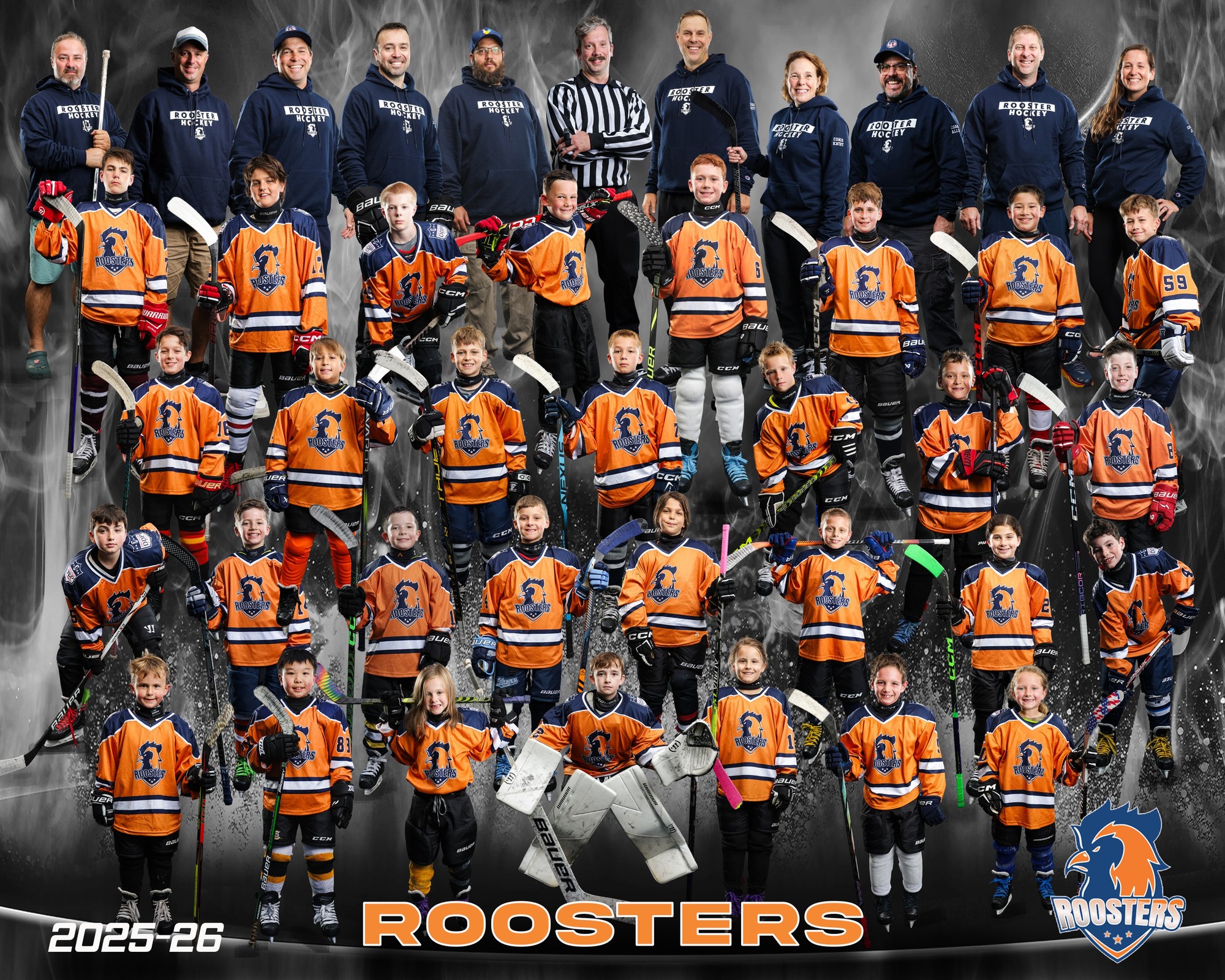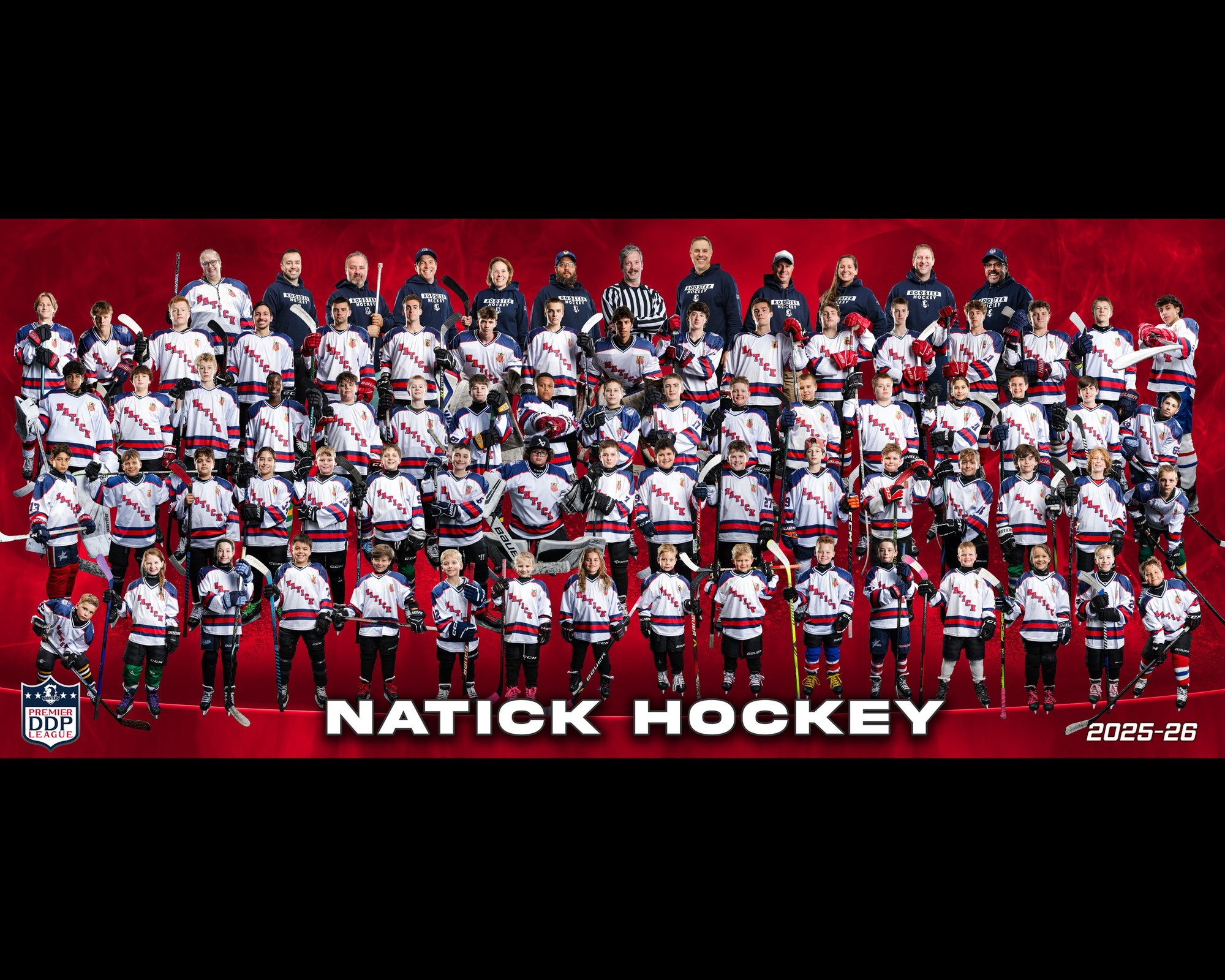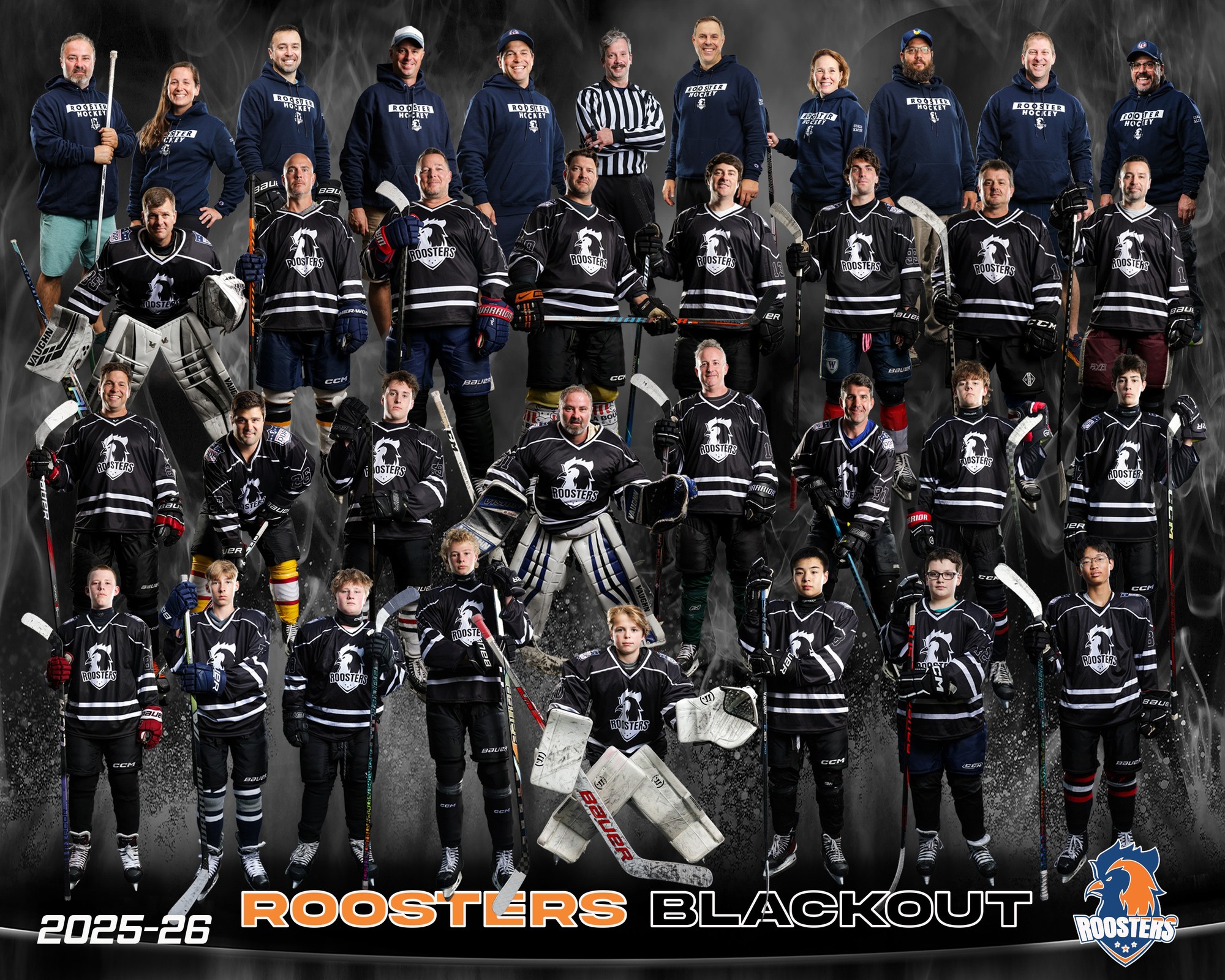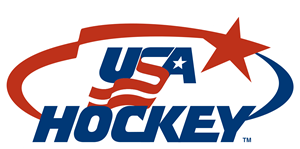Spring and Summer Registration is OPEN NOW!
SPRING AND SUMMER SHINNY
A great way to get extra reps in the best environment possible!

Spring Rec League
We've got two blended leagues this spring, Saturdays at Chase Arena, May 2-June 20:
- Squirt/Peewee
- Bantam/Midget/High School

Summer Roosters Program and Premier League
Our Summer Roosters Program is for Squirt/U10 through Bantam/U14 players.
Our Premier League is for High School, Junior, and Senior players
The Dryland Development Project: Developing more than just Youth Hockey Players
Imagine a society in which 93 percent of children grow up playing organized sports. Where costs are low, the economic barriers to entry few, travel teams aren’t formed until the teenage years — and where adults don’t start sorting the weak from the strong until children have grown into their bodies and interests. Where the most promising talents become the most competitive elite athletes in the world, on a per-capita basis.
Sound impossible? It isn't.
That's what we strive to do.
We are committed to a civic environment that promotes the welfare and development of our athletes.
We want the absolute BEST practice environments possible. We have players from pre-mites to senior skaters...and everything in between.



We couldn't do this without Topher, Matt, and Steph at the Hockey Think Tank and their amazing "Youth Hockey Blueprint".
We love cooking up "in-house" tournaments where friends can play with and compete against each other!
"RoosterDome" puts parents on the same team as their kids. Varsity players suit up with Squirts, Pee Wees, and Bantams. It raises the bar in terms of on-ice player experience.
WE ARE COMMITTED TO IMPROVING CIVIC HOCKEY IN MASSACHUSETTS
An excellent series by the Boston Globe recently asked if Massachusetts hockey has "lost it's way?"
It stated that "private money has taken over the game" and that "indoor rinks have become inaccessible to a
growing number of families."
We are dedicated to showing that civic hockey DOES exist and can THRIVE in Massachusetts. That it can be affordable for EVERYONE. There is a way.
How do we do it?
- We take a non-profit approach; the "adults in the room" aren't looking to make a buck off of the kids.
- We don't pay any league or tournament fees - we make our OWN leagues.
- We invest our money wisely; we obsess over ice utilization and player experience.
- We are volunteer run, and use volunteer coaches - often in the form of older players who learn leadership skills serving as "player mentors".
- We don't hold tryouts. We blend players of all abilities together.
- We follow the Nordic model where municipal rinks & pond hockey flourish. Where puck & stick and informal games are the primary way that players learn the sport.
- We view hockey as a lifelong sport; playing days don't have to end once a high school career is over.
- We constantly ask "how can we make this cheaper? More accessible? Better? More fun?"
And it is working.
In less than two years, we've gone from 20 to 300+ participants. We've offered hundreds of sheets of ice to our players. And we've delivered thousands of on-ice player-hours to players of all ages for FREE.
We are committed to bringing civic hockey back to Massachusetts.
Below are the 3 articles in the Boston Globe series.

Topher Scott of the Hockey Think Tank coaching Firehawk players in the Chase Cup at Agganis Arena.

What other "youth hockey" bench in the world features Squirts, Pee Wees, Bantams, Junior players, Varsity & Alums, parents, former NHL Players, and has D1 coaches dropping in to offer some words of advice? Civic hockey is fun for ALL ages and abilities!
What's Camp Rooster?
We wouldn't call ourselves the DRYLAND Development Project without a huge emphasis on dryland sessions that build team chemistry, invasion sport concepts, and gross motor development. We do that each week during July and August at "Camp Rooster", and it features fun things like "The Rock Paper Scissors Challenge". Here's a link to a few other "Camp Rooster" highlights from MetroWest Daily News.

Coach Granato and Coach Luke at the 2024 NHLCA Global Coaches Conference in Las Vegas.
Our Coaches Never Stop Learning
We firmly believe that coaches are the lifeblood of any hockey organization. We offer year-round training and sessions designed to help our coaches become the best teachers and leaders they can be.
We attend weekly zoom sessions with Topher Scott's Hockey Think Tank staff with other elite youth, college, and pro coaches.
We encourage all of our coaches to dive in to continuing ed beyond the minimum USA Hockey and SafeSport requirements, including the NHLCA Global Coaches conference, the NHLCA mentor program, and the Bruins coaching symposium.

Coach Luke and Coach Joe Sacco at the 2023 NHLCA Global Coaches Conference in Nashville.
Our non-profit mission is dedicated to reducing the cost of hockey as much as we can
We all face the difficult task of balancing tight household budgets with the cost of youth hockey. And for some families, the time and travel requirements of youth hockey can become prohibitive.
As a non-profit, and are very fortunate to have wonderful community partners who have helped us with grant funding which allows us to help families facing economic challenges.
Nobody should ever have to leave the sport of hockey due to cost considerations, and we do all we can to allow for EVERY family to participate in this amazing game!

Oops!
You have unsaved elements
Please save or cancel the pending changes to the elements within your page and then try saving again.


